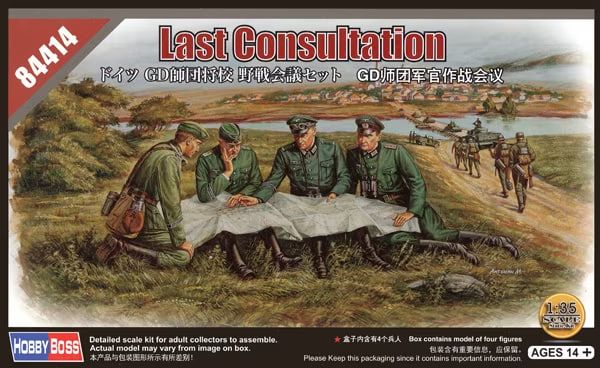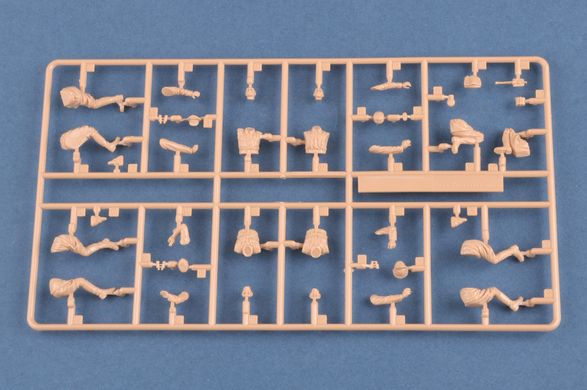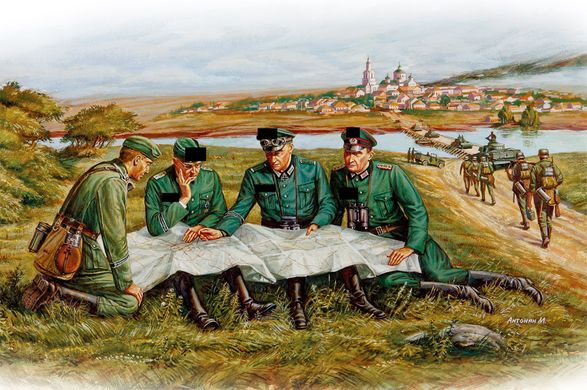Despite the defeat in the First World War, the German officer corps in the interwar period nevertheless saw the main means of victory in the future war in an offensive operation. Thus he had a different experience of the Great War than his French counterpart. Based on the experience of 1914-1918, including the infiltration tactics used by the Stosstruppen troops, but also noticing the intensive development of aviation and armored weapons, part of the German officer corps (for example, General Heinz Guderian) developed theoretical assumptions about lightning war (German: Blitzkrieg) , that is, the desire to destroy the enemy with one decisive offensive operation in the shortest possible time with the maximum tension of forces and means. This offensive war doctrine was also the training of the German officer corps in the 1930s and during World War II. It should also be added that German officers of almost all levels during the Second World War used the principle of the so-called task command (German: Auftragstaktik), that is, they outlined to their subordinates the task that needed to be performed with the forces at their disposal, and the execution of the task completely depended on them. This command model, based on very well and uniformly trained officers, led to the fact that the German army was very flexible in its actions and could react more quickly at different levels than its opponents (for example, the French army during the 1940 campaign or the Soviet army in 1941 r.). This system proved successful (especially at lower levels) during World War II. It is also worth adding that many outstanding commanders served in the German officer corps during World War II, including: Erich von Manstein, Heinz Guderian, Erwin Rommel and Walter Modell.



















